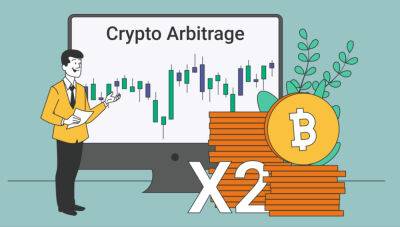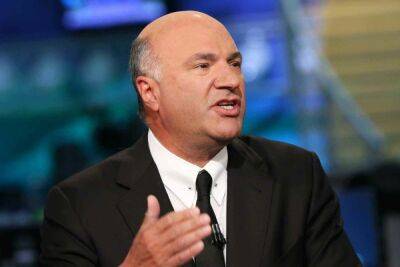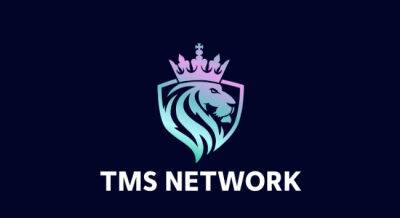Nigerian Crypto Investors Face Account Freezing
Nigerian crypto investors using peer-to-peer (P2P) services are facing difficulties as the Central Bank of Nigeria (CBN) has flagged their bank accounts. The CBN's decision is believed to be in relation to the recent Flutterwave hack, which saw almost $6.5 million (3 billion nairas) illegally transferred from the accounts of the Nigerian fintech company.
On February 27th, a motion ex-parte was filed and granted in support of Flutterwave's claims, resulting in 107 accounts being put on lien/Post-No-Debit (PND), including their fifth beneficiaries. While the bank accounts have yet to be proven affiliations with the hack, some locals have confirmed that their accounts have been frozen in connection to the incident.
The situation has discouraged P2P users from using over-the-counter (OTC) markets, which allow trading of securities between two counterparties executed outside of formal exchanges and without the supervision of an exchange regulator. The hacked sum flowed into the Nigeria crypto market on different OTCs, and users now have problems with financial intermediaries when they want to use P2P services for crypto transfers.
Investors worldwide use P2P as a medium of direct exchange of crypto between parties without the involvement of a central authority. They may choose to swap cryptocurrencies for cryptocurrencies or crypto for cash. In 2021, the CBN announced a regulation that prevented financial institutions like banks from enabling crypto use. However, Nigerians were able to find a way forward and still maintain their leading position as the largest crypto hub of Africa through the use of P2P platforms.
Some community members believe that this situation could affect the general interest of Nigerians who
Read more on blockchain.news
















